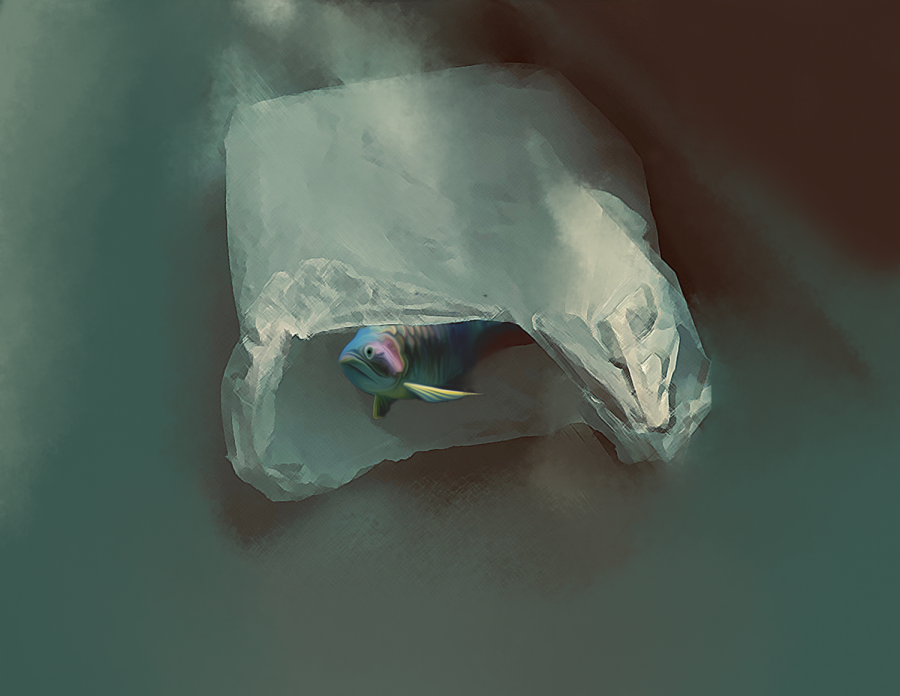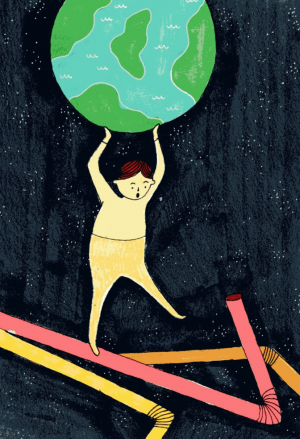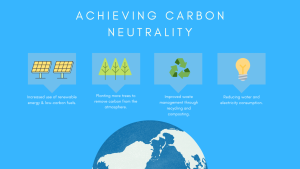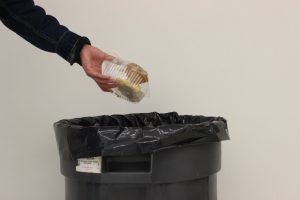New York institutes new ban on disposable plastic bags
April 21, 2020
The state of New York’s plastic bag ban went into effect on March 1, 2020. Such a ban “prohibits the distribution of plastic carryout bags by any person required to collect New York State sales tax,” according to the New York Department of Environmental Conservation, who is enforcing the new law.
Essentially, businesses in New York must stop using plastic bags and consumers will be charged five cents per paper carryout bag requested at checkout: two of those five cents can be used by the local government for programs that help distribute reusable bags, and the other three are allocated to the state’s Environmental Protection Fund. After an initial warning for the first violation, businesses will then receive a $250 fine and then a $500 fine for each subsequent violation occurring in that same year.
The state also created the hashtag “#BYOBagNY to help remind and inform the public about the newly instituted ban. Despite worries among residents about how it would affect their everyday life, environmental benefits were cited to justify the ban.
“We only have one chance to save our planet. Reducing the use of plastic bags will help us create a more sustainable city,” New York City Mayor Bill de Blasio said at an event in Union Square Park on Feb. 28 where he helped distribute reusable bags to city residents.
Each year in the state of New York, over 23 billion plastic bags are used, according to the Department of Environmental Conservation. Such bags harm the communities and environment around them — they often get caught in trees and can harm birds, aquatic creatures, and other wildlife, among other effects.
“City residents use billions of single-use carryout bags every year, and they are frequently used for only a few minutes at a time,” Kathryn Garcia, the Department of Sanitation’s commissioner, said. “Plastic bags are particularly troublesome as contaminants in our recycling as they often clog machinery, and we’ve all seen plastic bags stuck in city trees around the city.”
Such a ban on plastic bags is by no means unique to New York. In fact, the European Union voted to ban single-use plastics by 2021 and California voters approved Proposition 67 — the statewide Single-Use Carryout Bag Ban — back in 2016.
“This Commission promised to be big on the big issues and leave the rest to Member States. Plastic waste is undeniably a big issue and Europeans need to act together to tackle this problem, because plastic waste ends up in our air, our soil, our oceans, and in our food,” Executive Vice-President for the European Green Deal Fans Timmermans said. “Today’s proposals will reduce single use plastics on our supermarket shelves through a range of measures. We will ban some of these items, and substitute them with cleaner alternatives so people can still use their favorite products.”
From the pollution involved and oiled used in making plastic bags to taking up to 1,000 years to decompose, plastic bags clearly have a negative effect on the environment, animals, and human health.
“Any plastic that gets broken down into a small enough piece can go into a waterway. And once it’s there, it can be potentially mistaken as food by aquatic animals. They take in the plastic; they ingest it,” AP Environmental Science teacher Annie Nguyen said.
Once humans eat the fish, that plastic can then also cause health problems for humans. However, many other problems arise with recycling as well. Many items that should not be recycled often are, and many items that should be recycled are not. In fact, the Environmental Protection Agency found that landfills received 26.8 million tons of plastic waste in 2017 alone and that there was only an 8.4% recycling rate.
“I think we need to educate the public much better about recycling. Because, you know, most of us, I think, want to recycle and try to recycle. But in the U.S., we have what’s called a single stream recycling system … if you see a blue bin with that little triangle symbol on it, you go, ‘Oh, this is a recycling bin. I’ll just put whatever I think should be recycled in there.’ But there’s a lot of stuff that we put in the recycling bin that isn’t actually recyclable,” Nguyen explained.
Still, with Americans using 100 billion plastic bags a year according to the Center for Biological Diversity, banning plastic bags is an important and no doubt helpful initiative toward addressing a much bigger plastic pollution problem.
So, are such bans effective?
Nguyen puts it this way: “I think doing away with plastic bags in the grocery store only really addresses a fraction of the plastic problem that we’re experiencing.”






